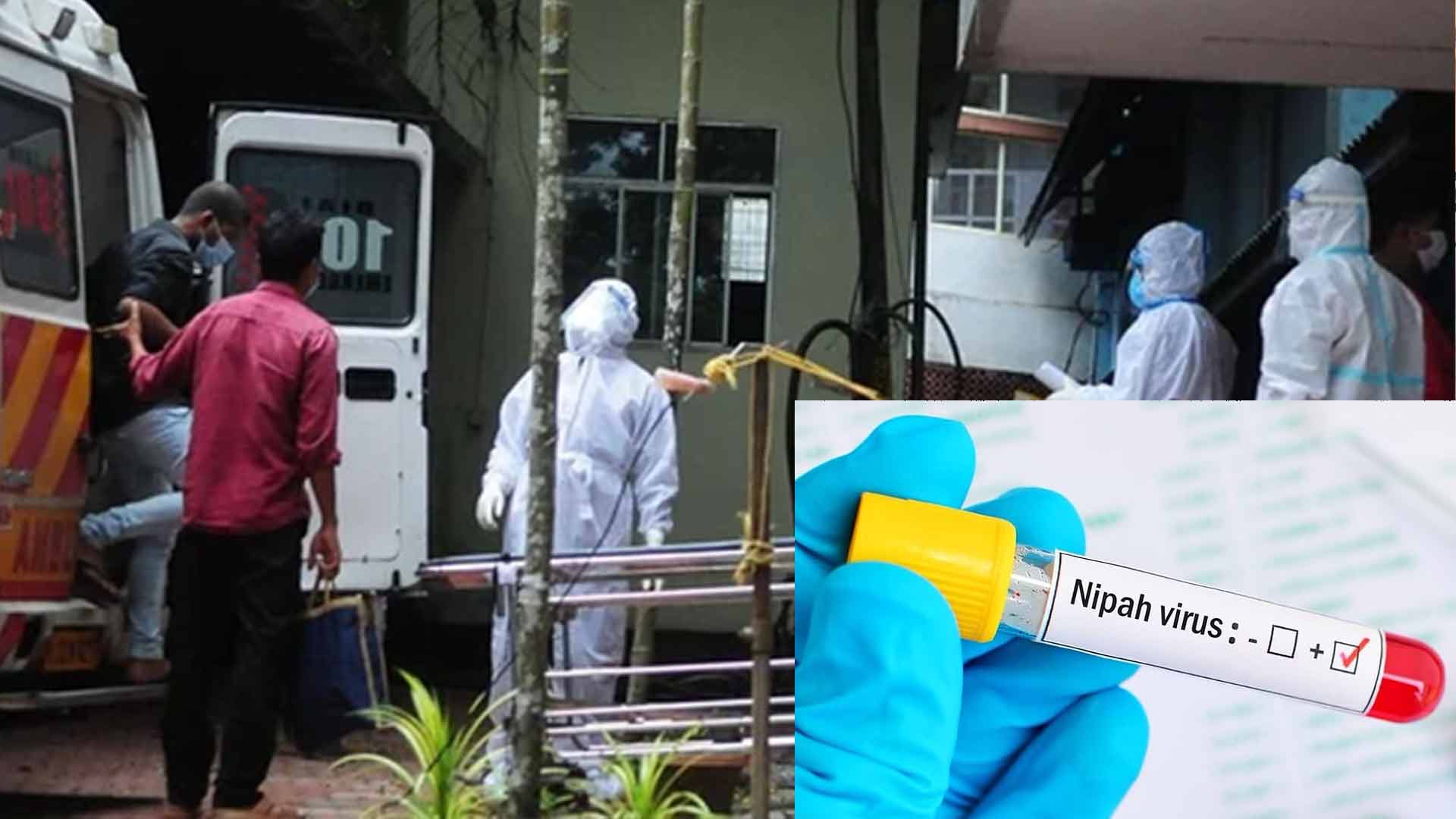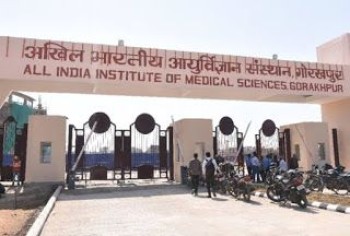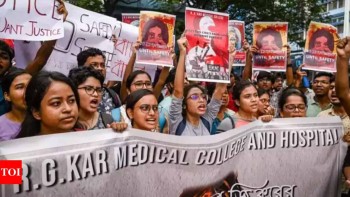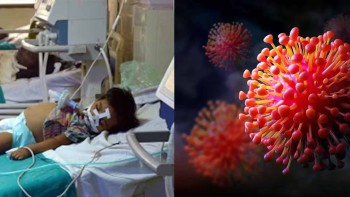In a recent and alarming development, a 14-year-old boy from Kerala's Malappuram district succumbed to the Nipah virus in Kozhikode on Sunday. The Kerala government confirmed the infection, with Health Minister Veena George stating that the National Institute of Virology (NIV) in Pune verified the presence of the virus in the boy, who was on ventilator support at a private hospital.
The Nipah virus is a zoonotic illness transferred from animals such as pigs and fruit bats to humans. It typically spreads from animals or through contaminated food but can also be transmitted directly between people. Symptoms include intense fever, vomiting, respiratory infection, seizures, and brain inflammation, potentially leading to coma. Currently, there is no vaccine for Nipah.
Current Situation in Kerala
Health Minister George has announced that the epicenter of the infection is Pandikkad in Malappuram district. Precautionary measures have been intensified, and the public is urged to wear masks, avoid visiting patients in hospitals, and practice good hygiene. A three-kilometer radius from the epicenter is under strict surveillance, with restrictions imposed to control the spread of the virus.
The state health department was alerted to the suspected Nipah infection by the private hospital in Kozhikode on Friday. The department quickly responded by testing samples at local laboratories and sending them to NIV Pune for confirmation. The public has been advised not to consume half-eaten fruits or beverages stored in open containers to avoid contamination.
Background and Previous Outbreaks
Nipah virus outbreaks have been reported in Kozhikode district in 2018, 2021, and 2023, and in Ernakulam district in 2019. The presence of Nipah virus antibodies has been detected in bats across several districts in Kerala, including Kozhikode, Wayanad, Idukki, Malappuram, and Ernakulam. In 2018, at least 17 people died from Nipah virus infections in Kerala.
What is the Nipah Virus?
Nipah virus (NiV) is an infectious zoonotic disease caused by the Nipah virus, a member of the Paramyxoviridae family, genus Henipavirus. First identified in domestic pigs in Malaysia and Singapore in 1998-1999, Nipah virus can infect several domestic animals, including pigs, horses, dogs, and cats. The virus causes respiratory and nervous system symptoms in animals and can be transmitted to humans through close contact with infected animals or their secretions.
In humans, Nipah virus infection can range from asymptomatic to acute respiratory infections and fatal encephalitis. Symptoms include fever, headaches, myalgia, vomiting, sore throat, dizziness, drowsiness, and altered consciousness. Severe cases can lead to encephalitis, seizures, and coma. The case fatality rate is estimated at 40-75%, depending on the outbreak and clinical management.
Precautionary Measures and Public Health Response
After confirming the Nipah virus infection in the 14-year-old boy, the Kerala health department has intensified preventive measures. Contact tracing has identified 214 primary contacts, with 60 individuals classified as high-risk. Isolation rooms have been prepared in Manjeri Medical College and Kozhikode Medical College, and a route map for affected areas will be published.
The health department has issued guidelines to avoid unnecessary hospital visits and maintain strict hygiene. The public is advised to wash fruits thoroughly before consumption, avoid raw palm sap, and use personal protective equipment when necessary.
Health Minister's Actions and Public Safety Measures
Health Minister Veena George convened a high-level meeting in Malappuram to discuss containment measures and ensure public safety. The state has established a 24-hour Nipah control room, urging those with symptoms to seek immediate medical attention. Intensive surveillance and insecticide spraying are underway to control the vector population and prevent further spread.
The minister emphasized that there is no need for panic but stressed the importance of caution and vigilance. People in the affected areas are encouraged to wear masks, practice good hand hygiene, and avoid contact with infected individuals.
Conclusion
The recent death of a 14-year-old boy from Nipah virus in Kerala highlights the urgent need for vigilant public health measures. As the state ramps up its response to contain the outbreak, the public must adhere to safety guidelines to prevent further infections. The dedication of healthcare professionals and the swift action of the health department are crucial in managing this crisis. The Pacemakers team will continue to provide timely updates on this critical health issue, emphasizing the importance of preventive measures and public awareness in combating the Nipah virus.






Recent comments
Latest Comments section by users